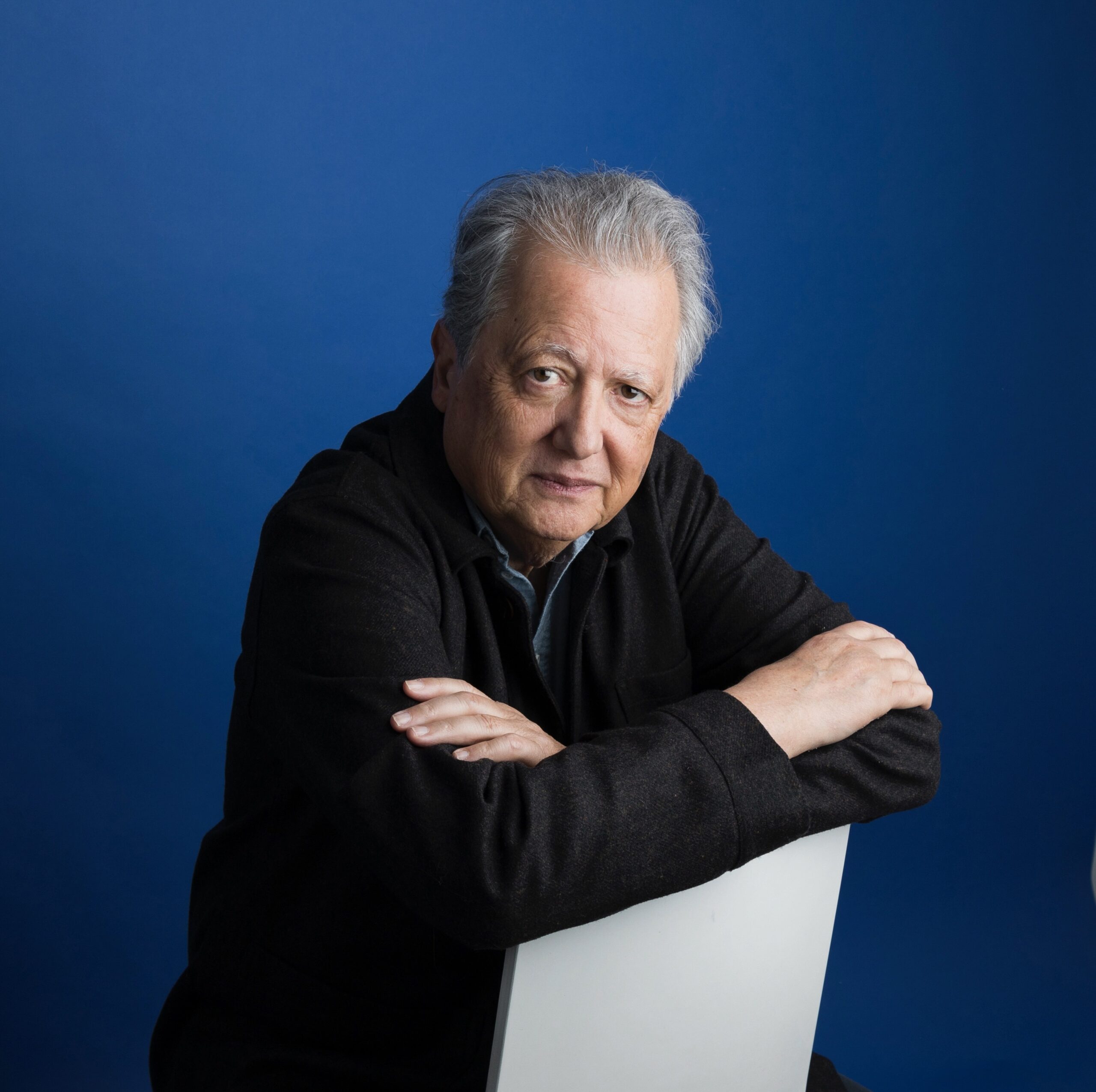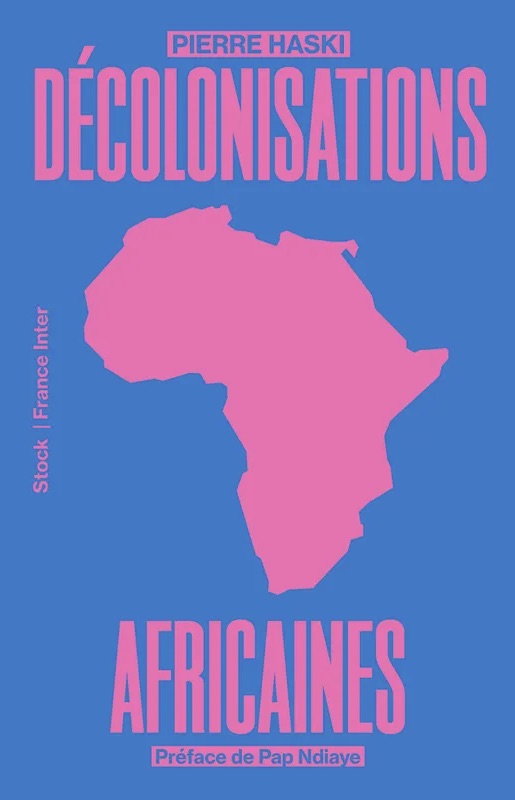The former correspondent for A.F.P and then Libération on three continents has just published the adaptation of his podcast series Décolonisations africaines, broadcast on France Inter during the summers of 2022 and 2023. We take a closer look at it before he comes to Athenaeum on 3 May.
Why have you taken up this subject, and why now?
A very specific event led to the creation of this podcast and, therefore, this book. In 2021, I attended the preview of Twist à Bamako. This film by Robert Guédiguian tells the story of Mali in the early 1960s. At a time when the country had just gained its independence, two generations were opposed to each other: the old socialist leaders, driven by the need for development, and a whole section of young people, who were only interested in dancing the twist. At the end of the screening, when questioned by an audience member, the lead actor, a young Malian raised in Montreuil, admitted that he had never been aware of this past. Neither his parents nor his teachers at school had ever spoken to him about it. I couldn’t believe it. How could these children have missed out on the post-colonial history of their country of origin? How could they never have heard of Modibo Keïta, the father of Mali’s independence and an emblematic African figure? This is the starting point for the series. This past deserves to be remembered because it sheds light on our present.
Two main nations colonised Africa from the 17th century onwards: France and England, each with their own organisation. At the beginning of the 20th century, what distinguished French colonialism from English colonialism?
They were very different. Let me give you an example. While the British set up universities in Africa from the 1920s onwards, such as Makerere in Uganda or Ibadan in Nigeria, the French took a completely different approach, welcoming the most deserving students to France. I’m thinking in particular of Léopold Sédar Senghor, the future president of Senegal, who once sat on the benches of Louis-le-Grand alongside a certain Georges Pompidou. On the one hand, a very pragmatic approach – each to his own -; on the other, a much more integrationist approach – at least for an elite – multiplying interactions between the empire and the metropolis. So much so that, at the time of the African decolonisations, England cut the cord, while France set up the post-colonial system known as Françafrique.
And yet, in both cases, decolonisation followed one another in Africa in the aftermath of the Second World War. Are there common reasons for this wave of independence?
In my opinion, there were two events that helped to awaken people’s consciousness. The first was the Second World War, during which colonial troops were mobilised. In 1944, during the Allied landings in Provence, they alone made up 80-90% of the French forces present, with the aim of liberating us! Back in Africa, it was a damper for these fighters. The promises made, particularly by General de Gaulle after the Brazzaville conference, had not been kept. The desire for independence grew stronger. The second was the Cold War. The Soviets encouraged colonised people to rise up against the imperialist powers. And it worked. Félix Houphouët-Boigny, for example, the first president of Côte d’Ivoire and a great friend of France, was a Communist when he was elected to the National Assembly in 1946.
Pap Ndiaye writes in the preface to your book that ‘the leaders of decolonisation did not, pretty often, make good heads of state’. How do you explain this? How much responsibility do the colonisers bear for this lacklustre success?
This whole generation of liberators, and therefore these first presidents, for the most part shared a very political vision of their actions. The main aim was to drive the colonisers out of their country and build sovereignty around a flag, an anthem, an army and a seat at the UN… So very few foresaw what the management of a state would be like, particularly from an economic and social point of view. ‘Stewardship’ soon caught up with them. In Ghana, Kwame Nkrumah was stunned to learn from his ministers that after eight years in power, only £500,000 remained in the state coffers. His management had bankrupted the country. This was just one of the signs that the political idealism of decolonisation had failed to find its administrative counterpart.
And today, what remains of these liberators?
Our colonial history has left its mark. Take, for example, France’s relationship with Africa. After 60 years of presence and actions, the French army has just left, for the first time, almost all the African countries where it was present. Similarly, only 3 years ago, Emmanuel Macron announced in Cameroon the creation of a commission of historians charged with clearing up the way our soldiers behaved at the time of the country’s independence… The past continues to influence the present. Hence the need to get to know it better or, as Pap Ndiaye rightly says in the preface to Décolonisations africaines, ‘to look the ghosts in the eye’.


